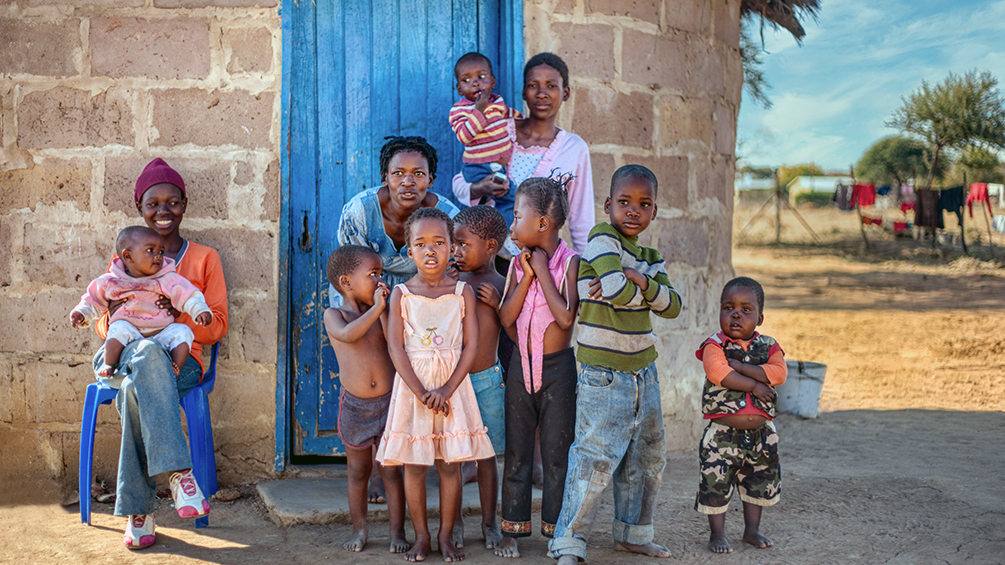Guinea
Guinea Culture Overview1, 2
- Capital: Conakry
- Population: approx. 16 million
- Official Language: French
- Currency: Guinean franc (FG)
- Guinea has the 5th largest Mosque in Africa
- Guinea has one of the prestigious acrobat institutes
- Guinea has the largest bauxite reserve, which is utilized in making aluminum metal
- Talbotiella Cheekii is a rare tree that grows in Guinea
Tips On Moving to Guinea
What Do You Need to Enter Guinea?3
- Valid Passport
- Visa/eVisa
- Yellow fever and COVID-19 Vaccinations
- Completed Customs Declaration Form
Customs and Declarations3, 4
All passengers entering Guinea are required to declare their belongings. Passengers carrying cash or other means of payment exceeding 100,000 GNF ($5,000) are required to declare to Customs.
Major Restricted items:
- Live animals and fresh meats
- Machines capable of manufacturing counterfeit currencies
- Firearms, ammunition, bullets, cartridges, and powders
- Military equipment
- Pornographic publications
- Medals and coins
- Poisonous and narcotic substances
- Explosives
- Live plants and soil fertilizers
- Fuel
- Products containing asbestos
Helpful numbers in case of emergencies in Guinea5
There are several important emergency numbers to know in case you ever experience an emergency or need emergency help:
- Police (117)
- Fire (442-020)
- Ambulance (18)
Passing Away in Guinea6, 7
The person reporting the death must register the death in the municipality where the death occurred within 3 days of the death. The Death Certificate is typically issued immediately.
For a medical-related death, the Death Certificate is issued by the hospital or attending physician.
The death should also be reported to the relevant embassy or consulate.
The following information is required when reporting a death:
- The deceased's full name, date and place of birth, address
- Required documentation- the deceased’s passport, residence card, death certificate
- The date and place of death
- The cause of death
Repatriating Mortal Remains
The repatriation of a body to the home country requires the help of the relevant local embassy or consulate. Consular officials can assist in organizing repatriation and obtaining appropriate documentation.
When repatriation of the body is requested, funeral homes or crematoriums in Guinea will temporarily hold the remains while arrangements are made.
Repatriation covers transportation and essential documentation, which may include:
- A certified Copy of the Notification of Death
- An embalming certificate (if required by the destination country)
- A certificate confirming the coffin complies with International Air Transport Association (IATA) regulations.

